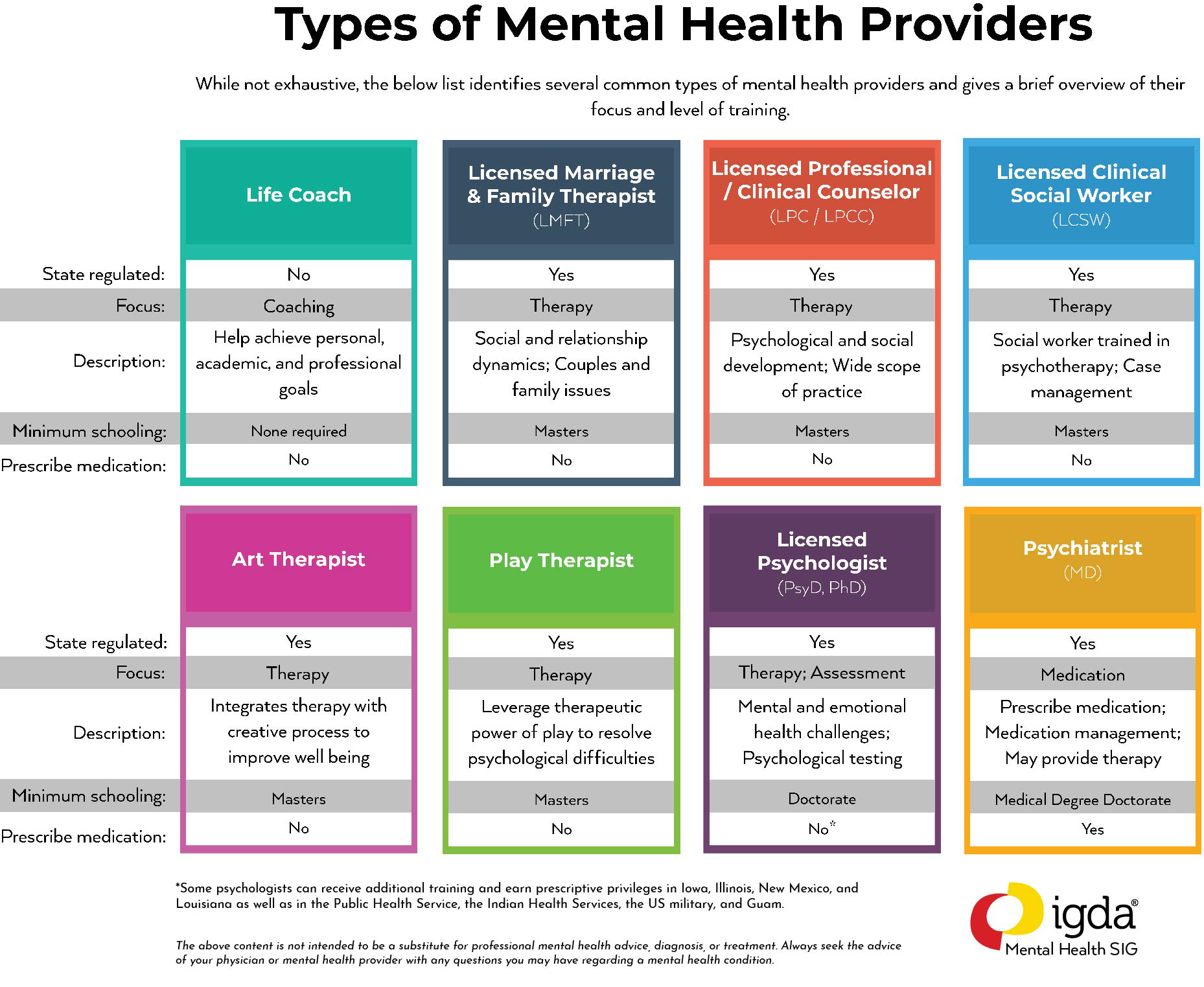
For some fields, there are so many resources related to building up one’s application, becoming a competitive applicant, and thriving in one’s studies & career (e.g., pre-med track). For other fields, such as School Psychology, those resources just are not there. It can be difficult to find helpful advice. With that in mind, I’ll start creating a list of helpful resources and tools related to psychology grad schools.
As an Undergrad:
- Explore your interests!
- This is a great time to explore your interests. See a class that catches your eye? Try it out. Some people completely change their academic/career trajectory after taking a class!
- There are so many extracurricular activities that allow you branch out and try out new things. Sign up for different clubs/organizations. Volunteer in a variety of roles. Take on committee or leadership roles, if you are interested.
- If you are interested in “mental health”, there are many ways to be involved in the field besides becoming a psychologist.
- What do you want your day-to-day to look like? Do you want to be involved in research? Academia? Industry? App development? Advocacy? Therapy? Medication management? Writing?
- Where do you see yourself? Hospital? College campus? Private practice? Public school?
- What education level are you interested in pursuing? While a few require doctoral level degrees, for many mental health careers, a Master’s level degree is sufficient.

- Fields/avenues to explore include [but are not limited to] those listed below. Click the links to explore any of interest!
- Counseling & Therapy Roles:
- Social Work:
- Supporting & Advocating for Others
- Nursing
- Medication Management:
- Public Health
- Explore Research:
- Research may be a great way to find out what you are [or are not] interested in career-wise.
- For example, during a summer involved in a biochemistry lab, I found out that I did NOT in fact want to spend my day-to-day in a clinical science lab.
- However, volunteering in another lab, a psychology lab (suicide research), was a great experience, exposing me to tasks such as creating research posters and working on manuscripts.
- You can find opportunities by asking your professors or fellow peers.
- You may also come across job/volunteering posts on your school’s site/job board.
- Some students choose to do research through courses/seminars or a thesis. This is a great way to build up research skills. This takes a lot of planning (you can’t just fit it into a schedule at the last minute since some require a commitment of multiple semesters), so if you want to get involved in something of this nature, start planning and connecting ahead of time.
- Plus, building connections in this way leads to strong letter of recommendations, which leads to the next point…
- Research may be a great way to find out what you are [or are not] interested in career-wise.
- Start Networking:
- Four years flies by really quickly. I know that it can be hard to establish that type of connection in some classes, especially ones with 100+ students. However, for strong letters of recommendation, you’ll need to put effort into making connections with professors (likely psychology professors). You may establish connections through office hours or through opportunities such as working in their research lab.
- Some programs have internship opportunities within mental health. If you can seek those out, that’s awesome!
- Students might also network while working closely with faculty, such as through a honors thesis, research poster, manuscripts, or research project.
- Don’t be afraid to reach out to professors. Are you interested in their lab? They may have a place for you! If not, they may be able to help you find a relevant lab opening or job board. Some openings aren’t even posted, so networking is super important.
- Other great letter writers may be through some type of volunteer or work opportunity related to the field.
- Do you have a role working with children?
- Do you tutor?
- Do you work as a camp counselor?
- Do you work with crisis hotlines?
- Working with crisis hotlines (e.g., suicide hotline, rape crisis hotline/victim advocacy) could help build up counseling skills. It could also help you see if this is the type of role you want to do career-wise. It can be emotionally draining (e.g., burnout, secondary trauma, emotional exhaustion).
- If not, seek out such opportunities if you want those “real world” experiences!
- Use Your Campus’ Resources:
- These can include:
- Professors
- Graduate students
- Academic advising
- Campus career center
- Campus Job Board
- These can include:
This is the perfect time to explore different pathways, fields, and careers in mental health!
Check out These Additional Resources:
- A Guide for Underrepresented Students Applying to Graduate Programs in Clinical Psychology
- Psychin’ Out: “A resource hub and global community of aspiring and current psychology students and trainees uplifting each other. Through open science, solidarity, and effective organizing, we are dismantling barriers that make psychology exclusive and ineffective.”
- Insider’s Guide to Graduate Programs in Clinical and Counseling Psychology (book by John C. Norcross and Michael A Sayette)
